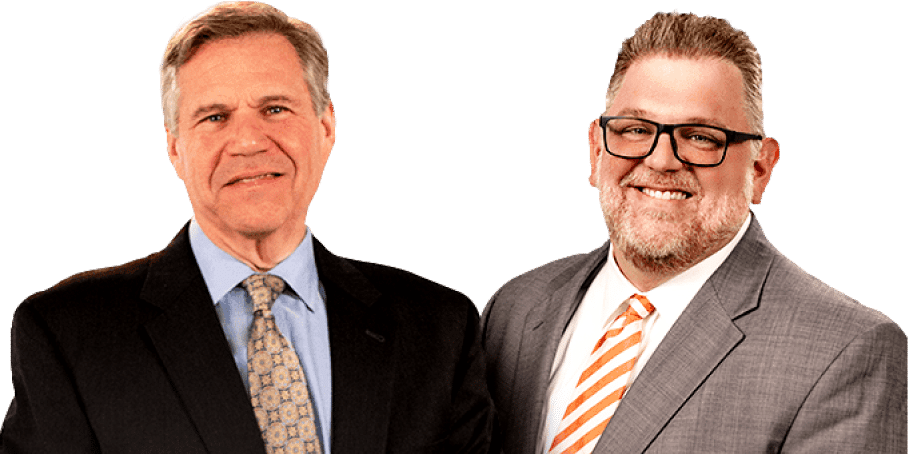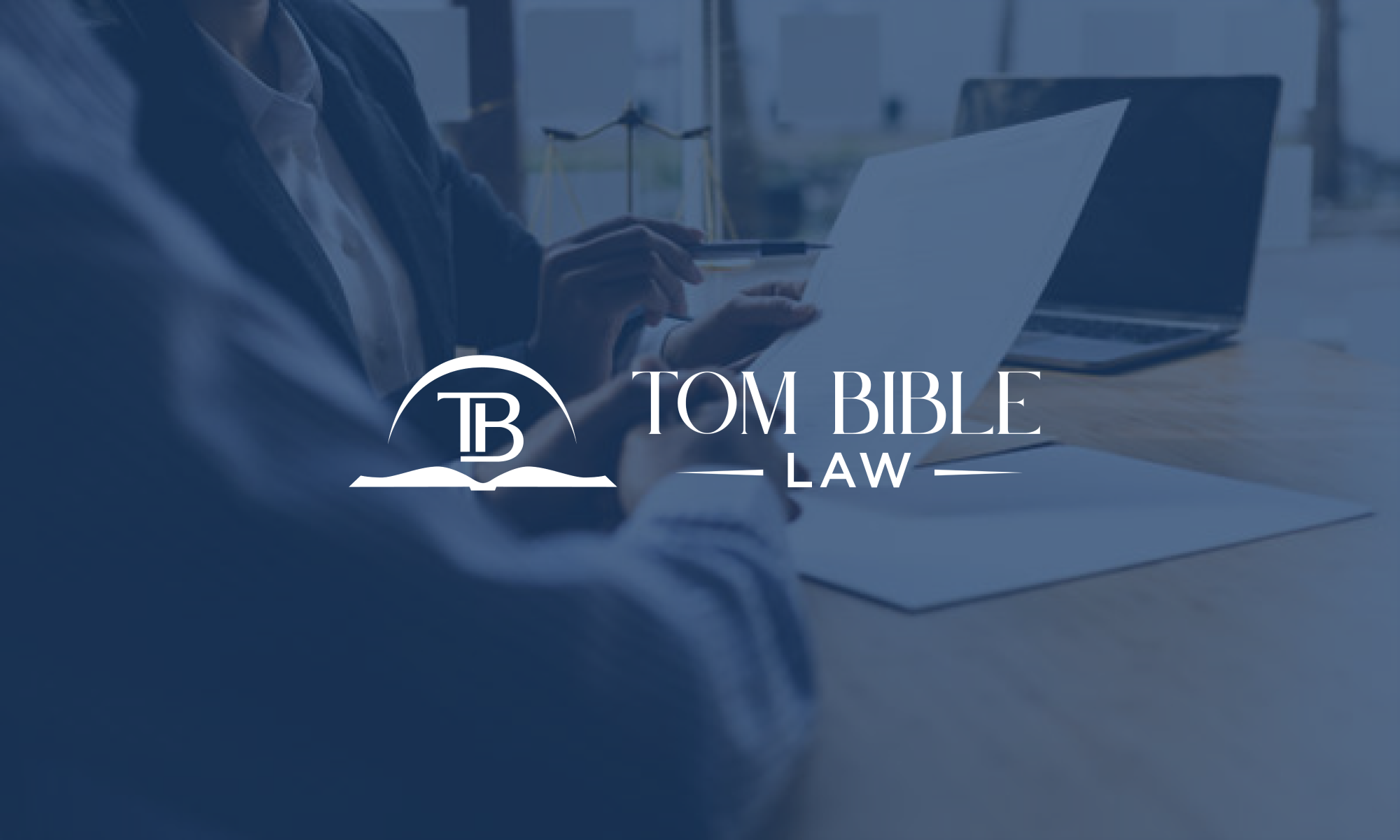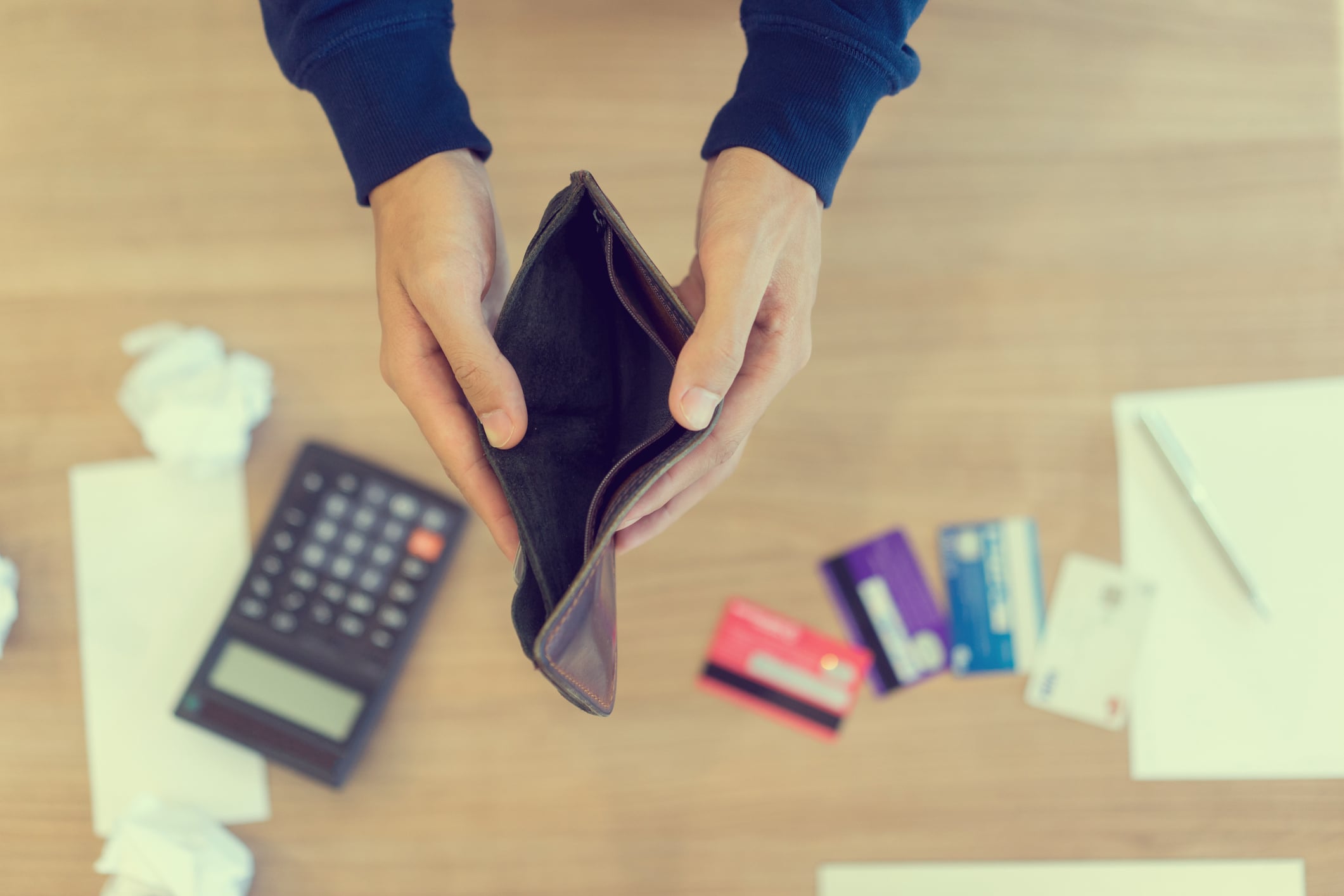Not everyone realizes that despite discharging debt in bankruptcy, creditors can still seize property under secured debt. Understanding what secured debts are and how bankruptcy affects unsecured debts may help you figure out your financial options. You do not have to go through this alone. Reach out to a Chattanooga bankruptcy lawyer for guidance.
What Are Secured Debts?
A Secured Loan is a type of secured debt that requires collateral. This collateral is often a car or home that you agree to give the creditor if you cannot repay the secured loan. In other words, the way this deal works is the home or car can be taken away if you fail to repay the secured loan for the home or car.
You might be wondering why people would agree to such terms that could risk them losing their homes or vehicles. The answer is that there are limited options for making large purchases like these. There are also several benefits of secured debt:
- Lower interest rates
- Extended repayment periods
- More money from the loan
Unsecured debts come with higher interest rates to make up for not having collateral in case the borrower fails to repay the debt. This means unsecured debts do not come with the risk of losing your property to a creditor. You may have heard about people losing their homes or cars to repossession or foreclosure. Those are the risks of secured debts.
How Bankruptcy Affects Secured Debts
The effects of bankruptcy on secured debts depend on the type of bankruptcy you are filing for. When it comes to Secured Debt Under Chapter 7 Bankruptcy, creditors may still have the legal authority to take your property. Even after your debts are discharged by Chapter 7 bankruptcy, your creditor can still take your property under secured debt if certain conditions are met.
For example, the creditor can file a claim to prevent you from filing for bankruptcy, meaning your property could be seized. If your creditor refuses to sign a reaffirmation agreement, then the same outcome can happen. A reaffirmation agreement is an agreement between you and your creditor that you will continue to pay secured debts after bankruptcy. This prevents repossession and foreclosure.
In terms of Chapter 13 bankruptcy-secured debts, the secured and unsecured debts are reorganized into a more feasible payment plan. This payment plan will be based on your income level to maximize your chances of paying back all the debts.
The new payment plan must pay the minimal value of the secured debt. Regardless of debt discharge and filing for bankruptcy, secured debts under this new payment plan are still susceptible to foreclosure or repossession if payments are not made.
Contact Tom Bible Law Today
You may not have to give up if your property is being taken during bankruptcy. Contact us at Tom Bible Law today at 423-874-6628 for a consultation about bankruptcy. Our legal team of Tennessee Bankruptcy Attorneys might be able to help you find ways to keep your property in bankruptcy. We serve clients in the Tennessee cities of Chattanooga and Tullahoma.



